Iran seeks greater regional role through full membership of Shanghai Cooperation Organisation
While some pundits have it that Iran sees gaining full membership of the Shanghai Cooperation Organisation in terms of geopolitics, Fan Hongda thinks that the more bread-and-butter concern of strengthening economic and trade cooperation is on its mind. But this is not to say that Iran does not harbour ambitions of playing a greater regional role.
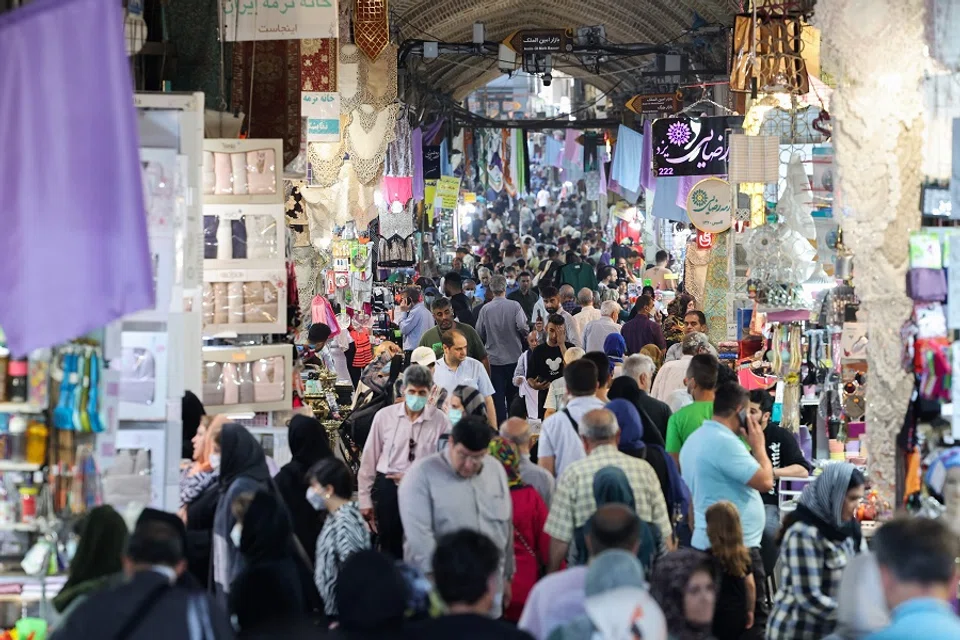
When it was announced in September 2021 at the Shanghai Cooperation Organisation (SCO) summit in Dushanbe that procedures to admit Iran as a full member of the SCO would be launched, the international community had much to say.
Out of the various hypotheses thrown up as to Iran's intentions, one was that Iran wants to break free from international isolation. This I do not agree with.
Iran is not isolated at all given that it has diplomatic relations with over 100 countries today. In fact, the country is currently enjoying the best geopolitical environment in West Asia since the 1979 Iranian Revolution.
Others argue that Iran will lean towards China and Russia after joining the SCO, but I disagree with this as well.
A distinctive feature of Iranian diplomacy today is their quest to find a balance between Eastern and Western powers. The SCO itself is riddled with problems and how much of a role it can play as an international organisation is questionable.
Besides, public perceptions of both China and Russia are not that great in Iran. Thus, Iran will not fully put its eggs in the basket of an SCO centred on China and Russia.
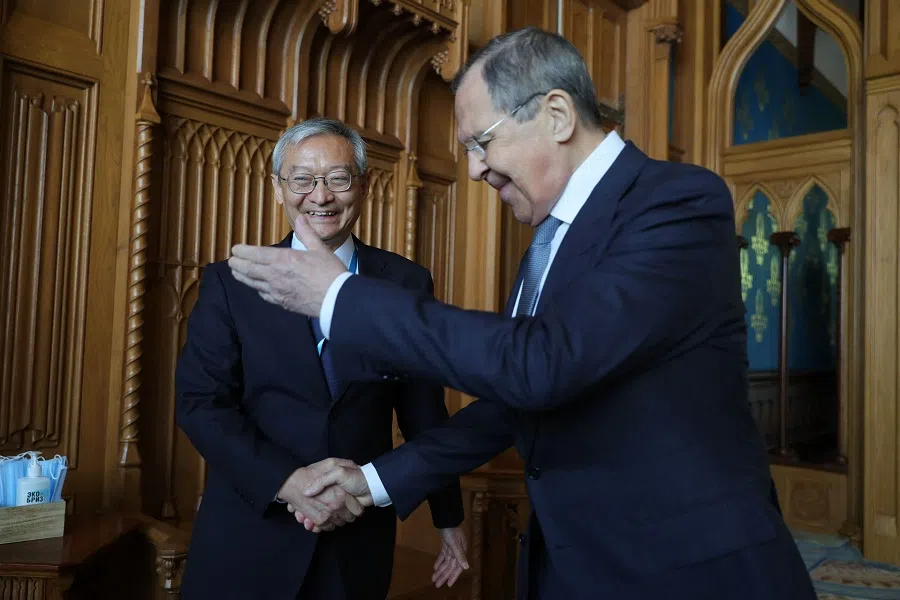
So, what is Iran's biggest motivation for joining the SCO? I believe it's economic and trade cooperation.
Iran's focus on economic cooperation
After he returned to Iran after attending the SCO summit in Dushanbe, Iranian President Ebrahim Raisi said that the country's growing relations with the SCO will create a "strong economic connection" for Iran and connect Iran to the "economic infrastructure of Asia and the sustainable resources resulting from it". He also urged the foreign ministry and other relevant ministries to provide the necessary conditions to take advantage of this new opportunity quickly. It was also at this summit that the SCO emphasised the importance of developing economic and trade cooperation among its member states.
The SCO will conduct its first international conference and exhibition of economic cooperation opportunities in Tehran on 19-22 October. In addition to SCO member states, some of Iran's neighbours will also be present.
It has been reported that Iran hopes to explore possible areas of cooperation with participating countries in the fields of industry, mining, trade, agriculture, artificial intelligence, oil, gas and so on.
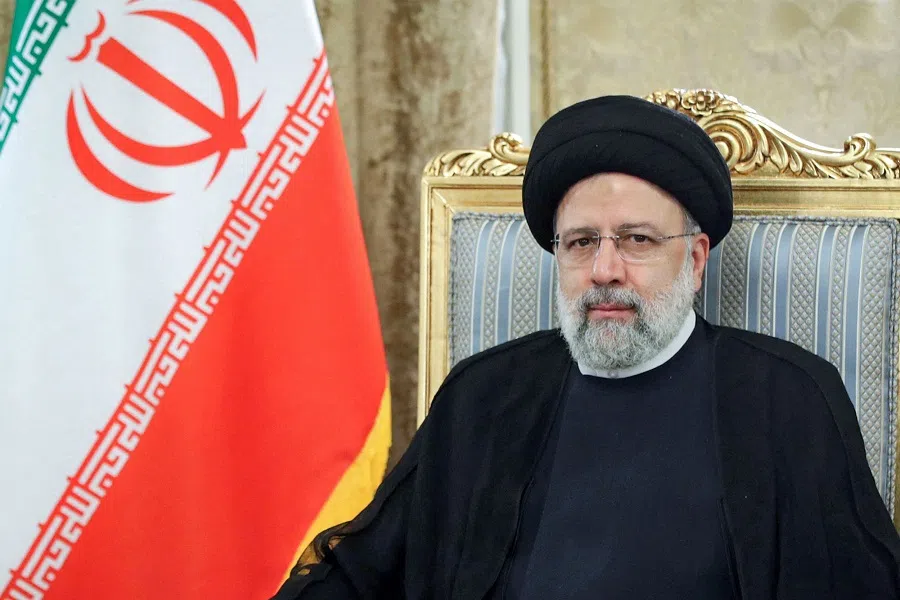
It also plans to propose establishing a joint international bank and forming a free trade zone and an international trade development organisation with its neighbours and SCO states. (NB: Iran's deputy foreign minister for economic diplomacy also announced earlier this month that Iran has proposed to the SCO that there be a single currency for trade among its members.)
Based on Iran's official statements relating to the SCO in recent years, it is clear that Iran is focused on potential economic and trade cooperation opportunities.
Iran is very confident of its regional role and sees itself as a link between South Asia, West Asia, Central Asia and the Caucasus.
Notably, because the industrial systems and industrial production capacity of most of Iran's neighbours are quite backward, Iran's industrial production capacity is relatively prominent in West Asia and Central Asia. Thus, Iran has strong economic and trade influence over its neighbours, and Tehran naturally hopes for more exports to generate much-needed foreign capital.
Geopolitical significance of Iran's Chabahar port
In fact, Iran is very confident of its regional role and sees itself as a link between South Asia, West Asia, Central Asia and the Caucasus. That is to say, not only is its original intention of joining the SCO to promote its own economic development, but it also believes that it has the ability and conditions to promote economic and trade development among SCO member states and beyond.
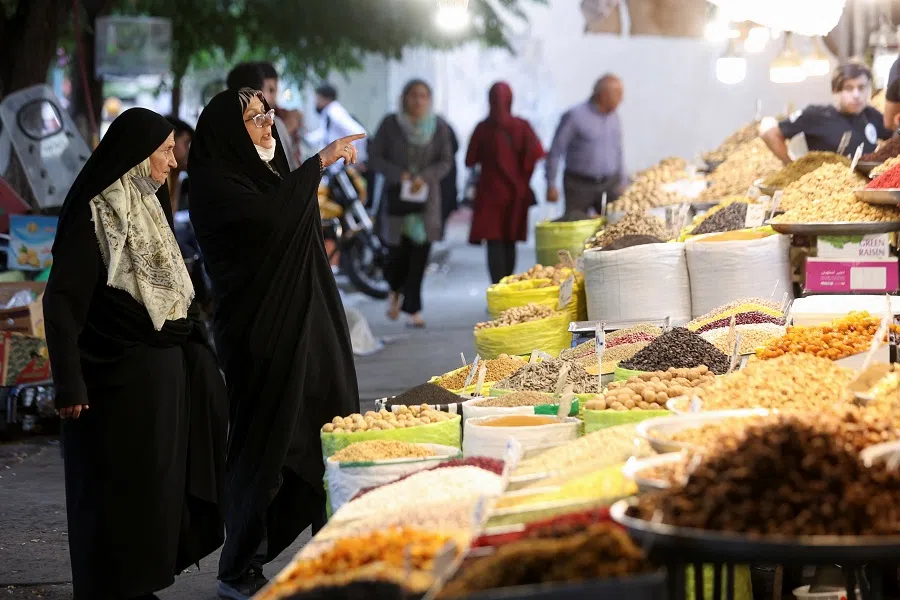
However, the ports, transport and other infrastructure in Iran are not very developed right now, and it has a lot of work to do if it wants to be a transport hub, which is a major reason why it has focused on building infrastructure such as the Chabahar port in recent years.
Chabahar port consists of two separate ports named Shahid Kalantari and Shahid Beheshti, each of which has five berths. In recent years, India has been very interested in the port, because it can connect Afghanistan, Iran and India. In 2016, Indian Prime Minister Narendra Modi and Iranian President Hassan Rouhani made a joint announcement that India would invest US$500 million to develop Chabahar port.
Iran and India are both very interested in the role that Chabahar port will play in trade exchanges among the SCO countries...
In November 2018, the US State Department said that to underscore their support for Afghanistan's economic growth on account of the US's close partnership with India, the US would grant sanctions exemptions on Chabahar port, as well as its attached rail project, and on petroleum shipments from Iran to Afghanistan, which is why Chabahar is often thought of as a special zone in Iran outside of US sanctions. In December that year, India Ports Global Limited (IPGL) took over the running of Shahid Beheshti port.
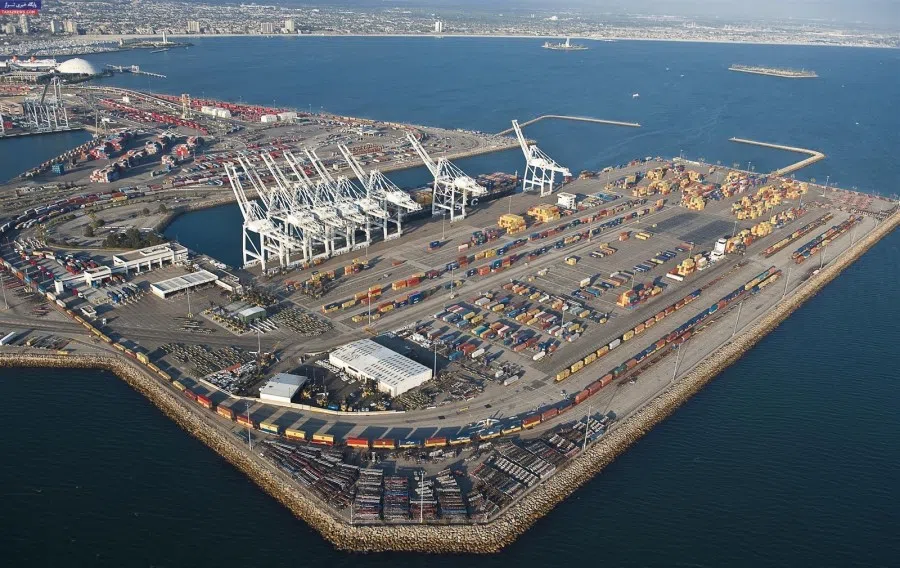
Iran and India are both very interested in the role that Chabahar port will play in trade exchanges among the SCO countries, while the international community also often speaks of the importance of the port. In fact, Chabahar port is 350 kilometres from another thriving port in Iran - Bandar-e-Jask - and less than 200 kilometres from Gwadar port in Pakistan. And so, while Chabahar port is important, its position and function also cannot be overestimated.
China-Iran relations under the SCO vision
Iran is a big country at heart, and it has plenty of growth potential, with a lot of strength and capability to influence big country competition. In recent years, major countries like the US and UK have been watching China's policy towards Iran and China-Iran relations, because they are worried that Iran will shift towards China. The bottom line is that the Western powers are paying attention to Iran's strength and influence.
China cannot read too much into Iran's anti-US sentiment; China-Iran relations have to be focused on practical, inherent needs between both countries.
As for China-Iran relations, there is a big difference between actual relations and what is described by the authorities on both sides. While China and Iran signed a 25-year cooperation agreement in 2021, the foundations of China-Iran relations are relatively weak and lack popular support, with a serious gap in mutual understanding. For example, there were a lot of objections and negative voices within China in accepting Iran as a full member of the SCO.
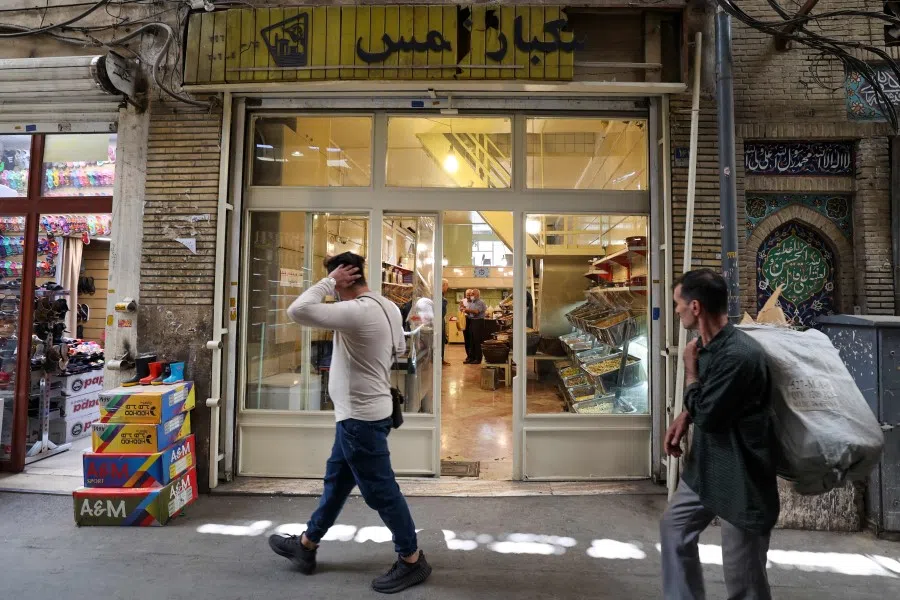
Right now, the US is looking at Iran from the perspective of big country competition, while Iran also knows that it cannot distance itself from this competition. So, Iran is pushing for balanced diplomacy between world powers, and will not neglect to improve relations with Europe and the US even though it is a member of the SCO. On its part, China cannot read too much into Iran's anti-US sentiment; China-Iran relations have to be focused on practical, inherent needs between both countries.
Finally, I would like to reiterate that what Iran most needs right now is economic growth. Tehran's biggest hope is that the SCO can promote economic exchanges with other members, and big countries that can help Iran's economic development will find it easier to grow relations with Iran.
Related: Chinese academic: China-Iran deal will benefit China, Iran and Middle Eastern countries in the long run | China-Iran deal complements the BRI, but faces Iranian domestic opposition and US sanctions | Deepening China-Iran relations could change global geopolitics | Chinese academic: Can China challenge the US's standing in the Middle East?


![[Big read] When the Arctic opens, what happens to Singapore?](https://cassette.sphdigital.com.sg/image/thinkchina/da65edebca34645c711c55e83e9877109b3c53847ebb1305573974651df1d13a)


![[Video] George Yeo: America’s deep pain — and why China won’t colonise](https://cassette.sphdigital.com.sg/image/thinkchina/15083e45d96c12390bdea6af2daf19fd9fcd875aa44a0f92796f34e3dad561cc)